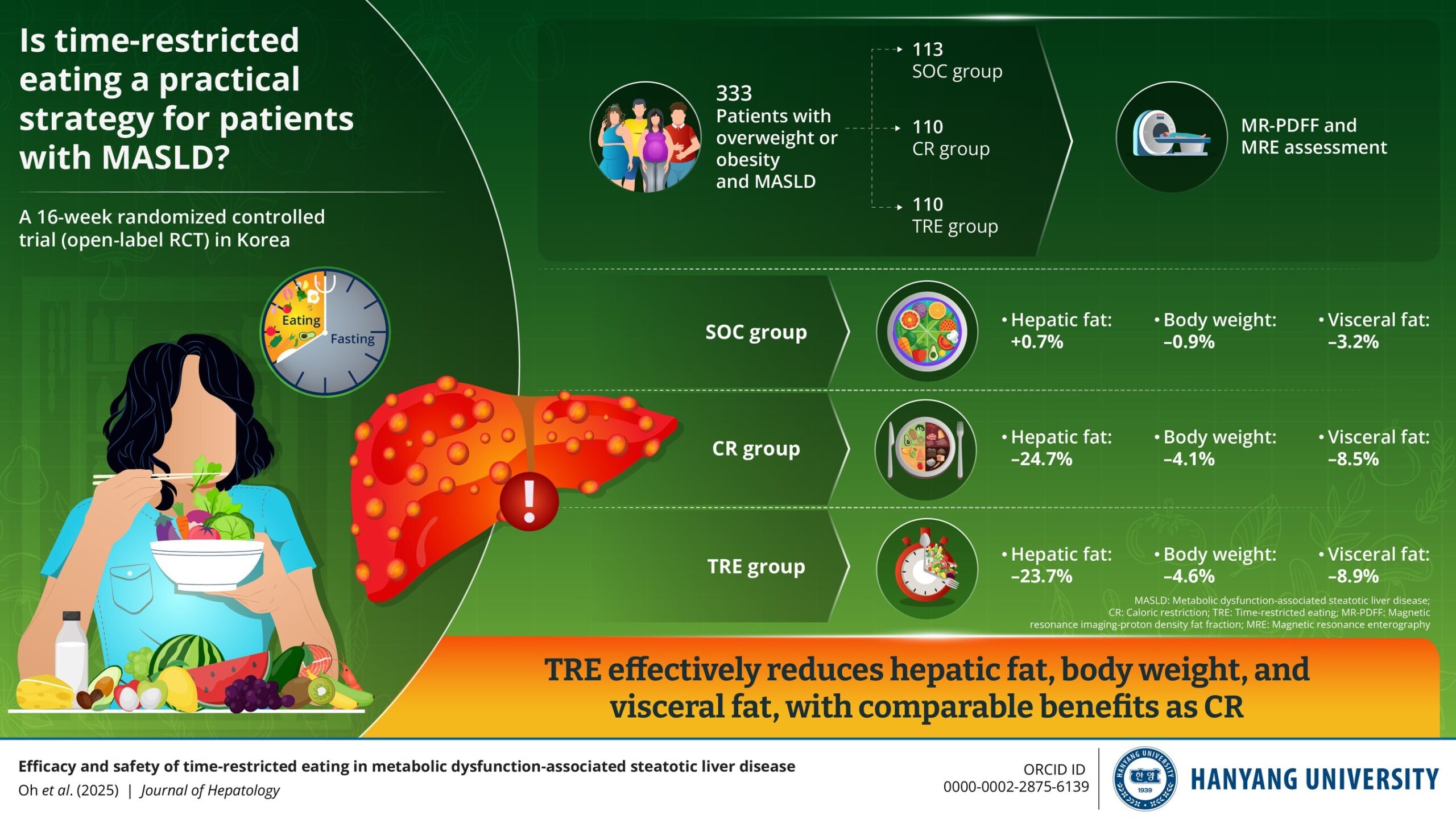As the federal government shutdown extends into its third week, concerns are mounting among Americans regarding the future of the Affordable Care Act (ACA) subsidies. These premium tax credits, which significantly lower or eliminate monthly insurance costs for individuals purchasing coverage through the health insurance marketplace, are set to expire at the end of 2025. The situation has sparked a political deadlock, with Democrats urging Republicans to extend these subsidies before the government reopens, while the Republican Party insists on passing a clean funding bill first.
A recent analysis by the Kaiser Family Foundation (KFF) warns that if the ACA enhanced premium tax credits are allowed to lapse, monthly premium payments could more than double in 2026. This potential increase has left many Americans, who rely on these subsidies, in a state of anxiety about their healthcare options.
Real Concerns for Families
Doug Butchart, a 67-year-old resident of Eglin, Illinois, expressed his worries about the impending changes. His wife, Shadene, suffers from amyotrophic lateral sclerosis (ALS) and currently relies on a gold insurance plan that costs $1,273.82 per month. The Butcharts benefit from enhanced tax credits that offset $670 of this premium, leaving them with a monthly payment of $603.82. Without these credits, Butchart fears they will be unable to afford their insurance.
“I’ve heard premiums could rise anywhere from 25 to 50%,” he stated. “That’s not sustainable because we can’t afford that, but we can’t afford to not have insurance.” The couple finds themselves in a precarious situation as Shadene does not qualify for Medicare and they do not meet the income threshold for Medicaid.
Butchart noted that they are trying to maximize their insurance benefits before the potential loss of tax credits, which includes ordering crucial medical equipment such as a specialized wheelchair that could cost between $65,000 and $95,000.
Personal Stories of Uncertainty
Nancy Murphy, a retired registered nurse from Fort Lauderdale, Florida, shared her own experience with the ACA. For the first time this year, she secured insurance through Florida Blue, with a premium of $1,019 fully covered by enhanced tax credits. However, the prospect of losing this financial assistance has left her feeling vulnerable.
“It’s very much a worry. I definitely could not afford that if the tax credits expire,” Murphy, 60, said. As a type 1 diabetic, she relies on an insulin pump and other supplies, which currently incur minimal costs due to her coverage. With college tuition for her daughter and property taxes looming, Murphy expressed her frustration over the uncertainty regarding her healthcare budget.
“I’m like in limbo and it’s a really uncomfortable feeling,” she explained. “These things to me are so upsetting. We are American citizens. We should be able to access our tax dollars for our health care needs.”
The political gridlock surrounding the ACA subsidies highlights a broader issue affecting many Americans. As families brace for potential increases in health insurance premiums, the outcome of ongoing negotiations in Congress could significantly impact their access to necessary medical care.
The stakes are high as the November 1 open enrollment deadline approaches, leaving many individuals and families anxious about their healthcare futures. With the potential expiration of the ACA subsidies, the financial burden on many may become untenable, prompting a reevaluation of healthcare options for those who can least afford it.







